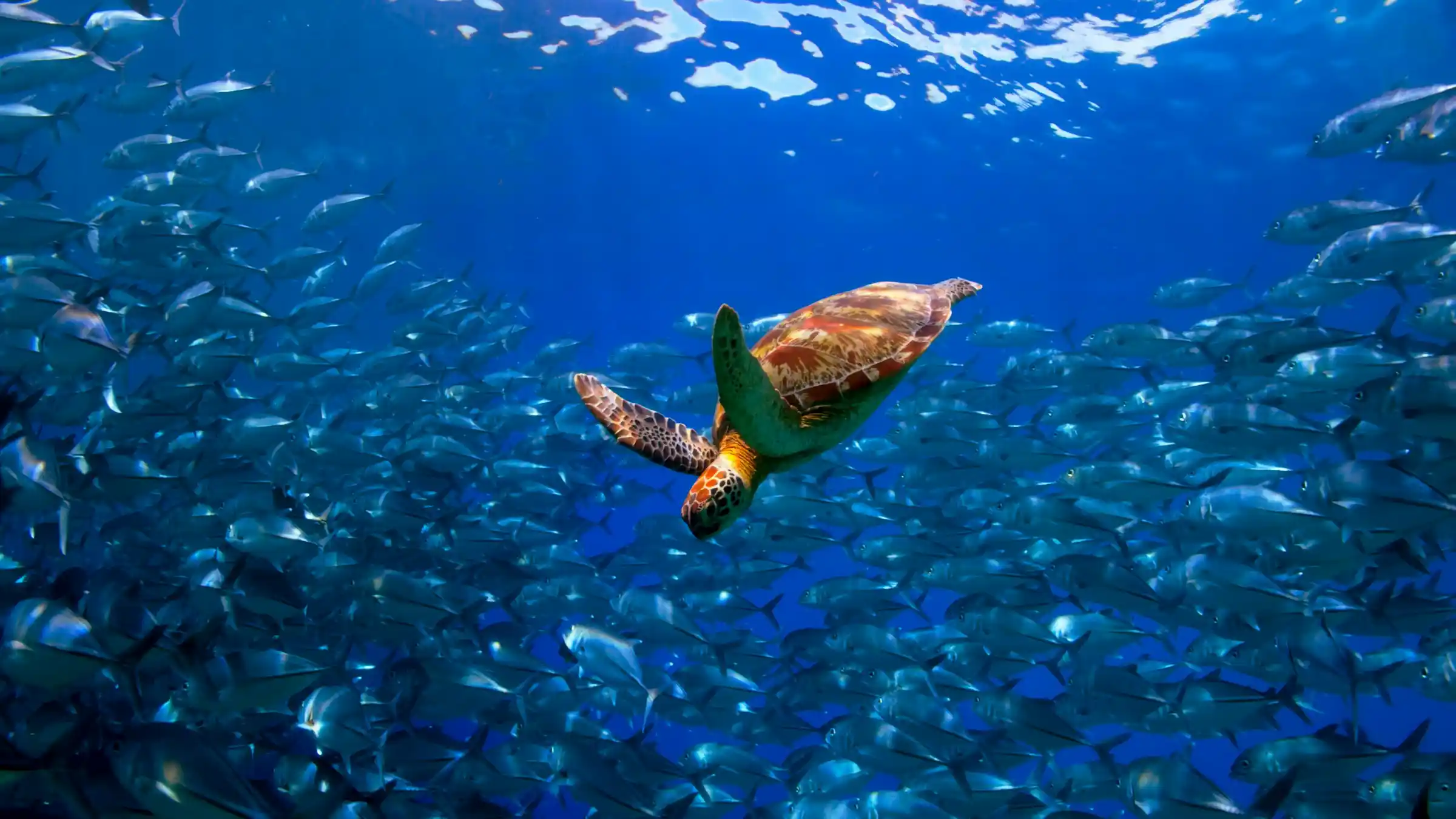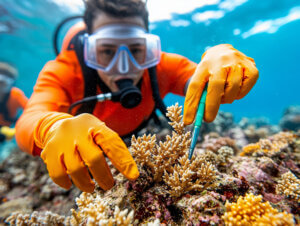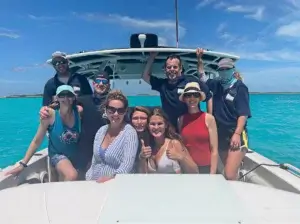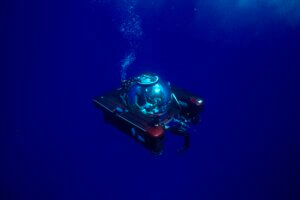Everyday Habits That Can Help Save Our Oceans
The vast, blue oceans cover more than 70% of our planet, and yet they are under constant threat from pollution, overfishing, and climate change. Fortunately, we don’t need to be marine biologists or environmental activists to make a difference. Our daily routines—what we buy, eat, and dispose of—can directly impact ocean health.
In this guide, we’ll explore everyday habits that can help save our oceans, empowering you to become part of the solution starting today.
Why the Oceans Need Our Help
Oceans are essential to life on Earth. They regulate the climate, produce over half of the world’s oxygen, and provide food and livelihoods to millions. However, they face severe threats:
- Plastic pollution: Over 11 million tons of plastic end up in oceans annually.
- Overfishing: Unsustainable fishing practices are depleting species.
- Coral bleaching: Rising sea temperatures are killing coral reefs.
- Oil spills and chemical runoff: Contaminate marine ecosystems.
- Climate change: Increases ocean acidification and sea level rise.
While these may seem like massive, global issues, change starts with small, intentional actions. Let’s dive into practical everyday habits that can help save our oceans.
1. Reduce Single-Use Plastic
Plastic is one of the biggest threats to marine life. Turtles, whales, and seabirds often mistake it for food or get entangled in it.
Everyday habit tip:
- Carry a reusable water bottle, shopping bag, and straw.
- Say no to plastic cutlery and packaging.
- Use bar soap instead of liquid soap in plastic bottles.
Why it helps: Less plastic in your life means less plastic in landfills, rivers, and ultimately, the oceans.
2. Make Sustainable Seafood Choices
Overfishing disrupts ecosystems and endangers species like tuna, cod, and swordfish.
Everyday habit tip:
- Use seafood guides like the Monterey Bay Aquarium’s Seafood Watch.
- Buy from certified sources like MSC (Marine Stewardship Council).
- Limit consumption of high-risk species.
Why it helps: Supporting sustainable fisheries helps preserve fish populations and marine ecosystems.
3. Reduce Your Carbon Footprint
Climate change is warming oceans and causing acidification, leading to coral bleaching and ecosystem collapse.
Everyday habit tip:
- Walk, cycle, or carpool more often.
- Switch to energy-efficient appliances.
- Reduce air travel where possible.
Why it helps: Lower emissions reduce the stress on ocean temperatures and acidity levels.
4. Choose Eco-Friendly Cleaning and Personal Care Products
Many conventional products contain chemicals that wash down drains and end up harming marine life.
Everyday habit tip:
- Use biodegradable detergents and phosphate-free soaps.
- Avoid microbeads in face washes and toothpaste.
Why it helps: Cleaner water = healthier oceans and marine creatures.
5. Support Ocean-Friendly Policies and Organizations
Your voice matters. Supporting legislation and groups that protect marine life can lead to systemic change.
Everyday habit tip:
- Stay informed and vote for ocean-friendly policies.
- Donate or volunteer with organizations like Ocean Conservancy or Surfrider Foundation.
Why it helps: Policy changes drive real protection for marine habitats.
6. Spread Awareness Online
Raising awareness can amplify impact. Social media is a powerful tool to educate and inspire others.
Everyday habit tip:
- Share articles, infographics, and videos about ocean conservation.
- Highlight businesses and products that support sustainability.
Why it helps: The more people know, the more they care—and act.
7. Reduce Waste and Recycle Properly
Waste, especially improperly disposed of trash, often ends up in waterways and eventually in oceans.
Everyday habit tip:
- Separate your waste and compost organics.
- Recycle only clean and accepted materials.
- Avoid overconsumption—buy only what you need.
Why it helps: Proper waste disposal cuts down on marine debris.
8. Eat More Plant-Based Meals
The livestock industry contributes heavily to greenhouse gas emissions, land use, and water pollution.
Everyday habit tip:
- Try Meatless Mondays or incorporate plant-based alternatives.
- Explore ocean-friendly recipes.
Why it helps: A plant-forward diet reduces pressure on land and ocean ecosystems.
9. Use Reef-Safe Sunscreen
Many sunscreens contain oxybenzone and octinoxate, which are toxic to coral reefs.
Everyday habit tip:
- Choose reef-safe sunscreens labeled “oxybenzone-free.”
- Wear protective clothing to reduce sunscreen use.
Why it helps: Protects coral reefs from chemical damage, helping them thrive.
10. Join or Organize Beach Cleanups
Cleanups are impactful and build community awareness.
Everyday habit tip:
- Participate in local or international beach cleanups.
- Organize your own small cleanup with friends or family.
Why it helps: Removes existing trash and prevents it from harming marine animals.
The Ripple Effect of Everyday Habits
What seems like a small habit change for you can collectively make a massive impact on ocean health. Imagine millions of people switching to reusable bags or choosing sustainable seafood—it adds up.
Living with ocean awareness in mind doesn’t require a radical lifestyle overhaul. It requires intention, consistency, and a willingness to make better choices. The ocean gives us life, and it’s time we return the favor.We all share the responsibility to protect our oceans. By adopting these everyday habits that can help save our oceans, you become part of a global effort to restore marine health and protect future generations.
The ocean doesn’t need perfection—it needs participation.
FAQs
Why should I care about ocean conservation in my daily life?
Your everyday choices—like how you eat, travel, and dispose of waste—directly affect the ocean. You may live miles from the shore, but everything is connected through waterways and the global climate system.
What are the most harmful everyday items for the ocean?
Single-use plastics (bags, bottles, straws), toxic cleaning products, and non-reef-safe sunscreens are some of the most harmful items for marine environments.
How can I check if seafood is sustainably sourced?
Not necessarily. Some biodegradable items require industrial composting to break down and may still harm marine life if they end up in the ocean.
How do ocean conservation laws protect endangered marine species?
Use resources like the Seafood Watch app or look for certification logos like MSC (Marine Stewardship Council) on packaging.
Do small changes really make a difference in ocean conservation?
Yes! When multiplied by millions of people, small habits like using reusable containers or choosing eco-friendly products create a huge collective impact.
How often should I participate in beach cleanups?
As often as possible—even once or twice a year helps. Every piece of trash removed is a life saved.
What’s the easiest everyday habit I can start with today?
Start by reducing plastic: bring your own water bottle, shopping bag, and avoid plastic straws. It’s simple, affordable, and highly effective.




